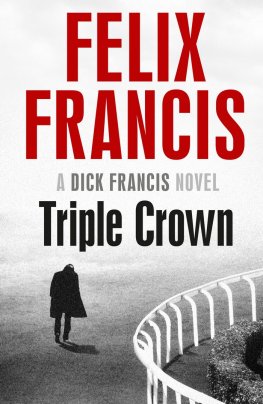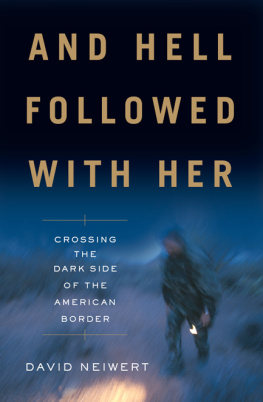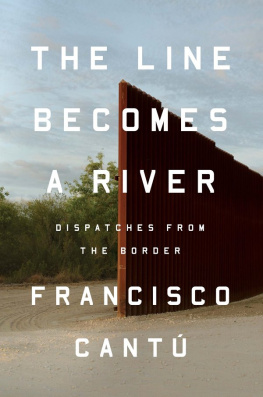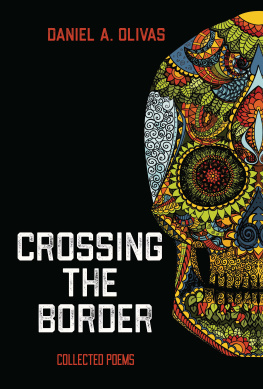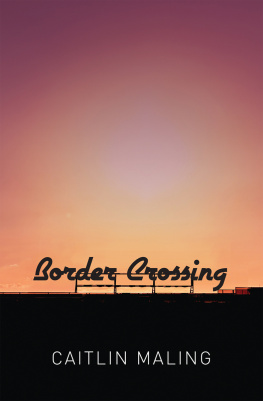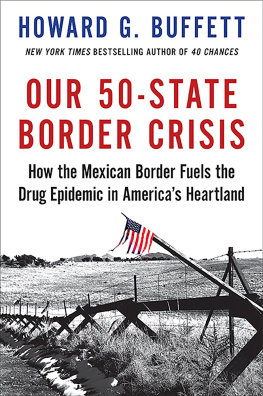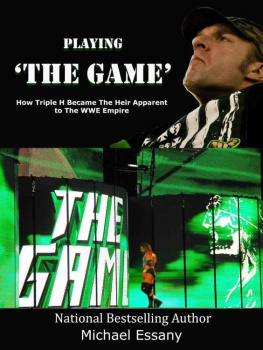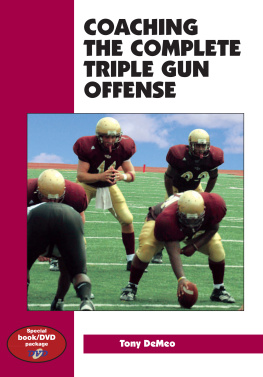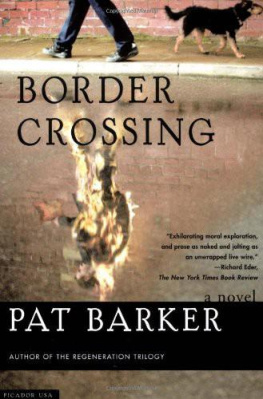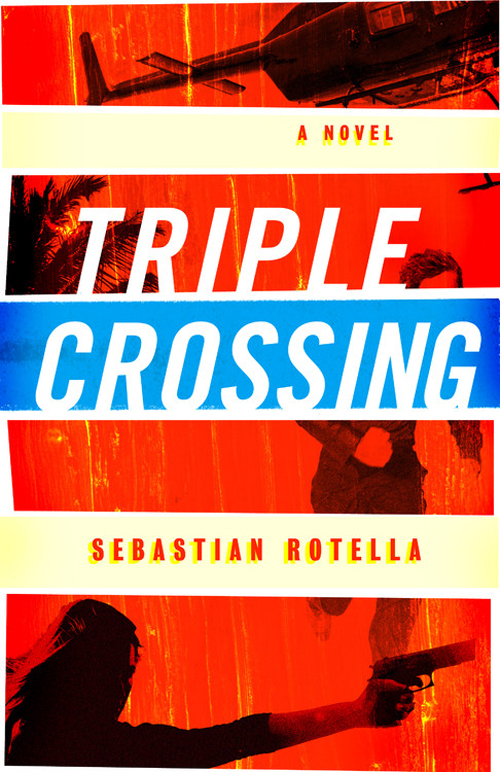Copyright 2011 by Sebastian Rotella
All rights reserved. Except as permitted under the U.S. Copyright Act of 1976, no part of this publication may be reproduced, distributed, or transmitted in any form or by any means, or stored in a database or retrieval system, without the prior written permission of the publisher.
Mulholland Books/Little, Brown and Company
Hachette Book Group
237 Park Avenue, New York, NY 10017
Visit our website at www.HachetteBookGroup.com.
www.twitter.com/littlebrown.
First eBook Edition: August 2011
Mulholland Books is an imprint of Little, Brown and Company, a division of Hachette Book Group, Inc. The Mulholland Books name and logo are trademarks of Hachette Book Group, Inc.
The characters and events in this book are fictitious. Any similarity to real persons, living or dead, is coincidental and not intended by the author.
The publisher is not responsible for websites (or their content) that are not owned by the publisher.
ISBN: 978-0-316-10530-9
Twilight on the Line: Underworlds and Politics
at the U.S.-Mexico Border
Para Carmen, mi amor
And for Valeria, with love
Till the finger of guilt, pointing so sternly for so long across the query-room blotter, had grown bored with it all at last and turned, capriciously, to touch the fibers of the dark gray muscle behind the captains light gray eyes. So that though by daylight he remained the pursuer there had come nights, this windless first week of December, when he had dreamed he was being pursued.
From The Man With the Golden Arm, by Nelson Algren
Mire la calle.
Cmo puede usted ser
indiferente a ese gran ro
de huesos, a ese gran ro
de sueos, a ese gran ro
de sangre, a ese gran ro?
From La Calle (Taller Abandonado), by Nicols Guilln
The customary disclaimer is correct: The characters and events herein are fictitious. Any similarities to anyone are coincidental. Et cetera.
Nonetheless, I am also a journalist. I have spent a long time covering Latin America and the borderlands. So for the benefit of those who know the turf, and also for those who are discovering it, I want to set the right tone.
This book is inspired by reality. But a novel gives you the liberty to change and blend, mix and match. Many details of the subcultures of policing and smuggling, of the topography and sociology of the borderlands, are grounded in the present. Others grow out of a past reality that has since evolved. And some aspects are purely fictional.
I hope the result fulfills the mission of a novel as described by the wise Mario Vargas Llosa: to express a curious truth that can only be expressed in a concealed way, disguised as something it is not.
F OG AT THE BORDER .
Border Patrol Agent Valentine Pescatore urged the green Jeep Wrangler through the shroud of mist on the southbound road. Hungover and sleepy, he slurped on a mug of convenience-store Coke. Carbonation burned behind his eyes. He braked into a curve, trailing a comet of dust. Jackrabbits scattered in his headlights.
Braking sent a twinge of pain through his ankle. He had blown it up months earlier while chasing a hightop-wearing Tijuana speedster through a canyon. He had intended to snare the hood of the punks sweatshirt and jerk him to a neck-wrenching stop, confirming his status as the fastest trainee in his unit.
But instead Pescatore went down, sprawling pathetically, clutching the ankle with both hands.
Border Patrol agents gathered around him in the darkness. Tejano accents twanged. Cigarettes flared. A cowboy-hatted silhouette squatted as if contemplating a prisoner or a corpse.
Hell, muchacho, time to nominate you for a Einstein award.
Was that a female tonk you were chasing, Valentine? Playing hard to get, eh?
Hey, youre not gonna catch them all. Slow down. Foot speed dont impress us anymore.
The voices in his memory gave way to the dispatchers voice on the radio, asking his position. Pescatore increased speed, rolling through the blackness of a field toward the foothills of the Tijuana River valley. With a guilty grimace, he pushed a CD into the dashboard player. Bass and cymbals blared: The song was a rap version of Low Rider.
Another night on the boulevard
Cruisin hard
And everybodys low-ridin.
The song had become his anthem, his overture when he headed out into the nightly battle theater of the absurd. He grinned behind the wheel, swaying, mouthing the words. He entered San Ysidro, the last sliver of San Diego before the Tijuana line. The Wrangler cruised past parking lots for tourists who crossed on foot into Mexico, past discount-clothing outlets for shoppers who drove up from Mexico. The area was a meeting point for raiteros (raite was Spanglish for ride) waiting to drive north the illegal immigrants who made it through the canyons. He saw figures crouched among rows of parked cars, but he didnt slow down. There were already Border Patrol agents, uniformed and plainclothes, creeping on foot among the cars, waiting for smuggling vehicles to fill up before they pounced. No raite tonight, homes. Try again tomorrow.
The restricted federal area near the pedestrian border crossing to Tijuana was illuminated by stadium lights atop steel masts that ran along The Line toward the Pacific. Past the southeast corner of the lot where a Border Patrol van idled, a crew of teenagersboys in Raiders jackets and low-slung baggy pants, girls in shorts and halter tops despite the chilltrooped through the pedestrian turnstile. The revolving gate made a melodic metallic clatter that reminded him of a calliope or steel drums. The youths were Tuesday-night partyers bound for what was left of the Avenida Revolucin nightlife district, a casualty of the drug wars lined with shuttered bars and abandoned clubs. Farther east, a steel river of freeway traffic flowed into the Mexican customs station. Pescatore turned west and drove alongside the border fence. The rusting barrier had been assembled from metal landing mats once used for temporary air bases: military castoffs from the Vietnam era. A secondary line of fortification, a newer, taller fence made of see-through steel mesh, gleamed on his right.
Migrants perched atop the border fence on his left. They bided their time, suspended between nations. They peered down at him. Their breath steamed in the February night. This stretch was known as Memo Lane because rocks often rained down on Border Patrol vehicles, forcing agents to write incident memos.
Pescatore blinked and yawned. Back in high school, a wiseass English teacher had had fun with his name. It means fisherman in Italian. And theres the biblical connotation: fisher of men. Which will it be, Mr. Pescatore? Fisherman or fisher of men? As it turned out, in a way the Jesuits would not have expected, Pescatore had become a fisher of men. And women and children. All you can catch. You couldnt make a net big enough to hold them all. Catch catch catch. And throw them back.
The next song began with the baritone recorded voice that greeted callers to the phone lines of the U.S. immigration bureaucracy. Then came helicopter sounds, simulated Border Patrol radio traffic, a fast frenetic beat. A rapper ranted about oppression, Christopher Columbus, migrants on the move. The rapper got all excited accusing the Border Patrol of abuse, rape, murder and just about everything except drowning Mexican puppies.


